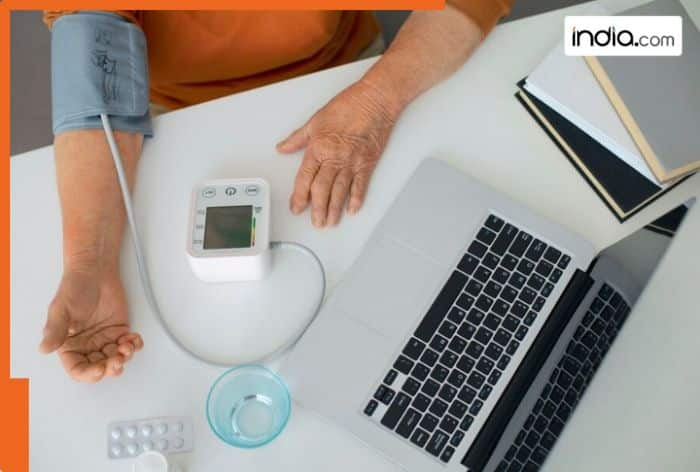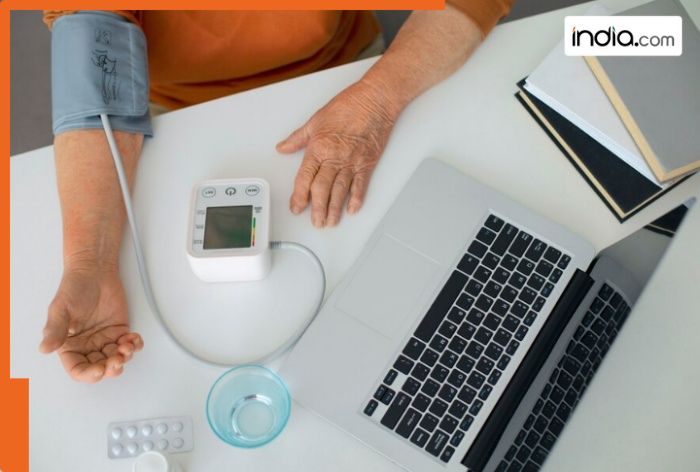Blood pressure tends to increase as the temperature drops. ere are few tell- tale signs and symptoms indicating rising hypertension.

Winter season entails its own set of health issues, seasonal allergies and more. Cases of heart attack, high blood pressure tend to increase in the season. It is also recommended for elderly to avoid being in extreme cold climate. Winter can pose unique challenges for those with high blood pressure (hypertension). Cold weather can lead to blood vessel constriction, which may increase blood pressure levels. In severe cases, this constriction can lead to heart attack risk and more. However, identification of the problem in time can help mitigate all the risk. Therefore, understanding the signs and symptoms of rising blood pressure is essential.
5 Signs and Symptoms of High Blood Pressure in Winter
- Headaches: One of the most common symptoms of elevated blood pressure is headaches. If you notice frequent or worsening headaches during winter months, it may be an indication that your blood pressure is rising. Cold weather can lead to increased stress and tension, which can exacerbate headaches. If these headaches are persistent or severe, it’s essential to monitor your blood pressure and consult with a healthcare professional.
- Shortness of Breath: Experiencing shortness of breath, especially during physical activity or even at rest, can be a significant warning sign of high blood pressure. Cold air can constrict airways and make breathing more difficult for individuals with hypertension. If you find yourself feeling unusually breathless during winter activities, it may be time to check your blood pressure.
- Fatigue and Weakness: Feeling unusually fatigued or weak can also indicate rising blood pressure. Cold temperatures can lead to increased energy expenditure as your body works to maintain its core temperature.
- Chest Pain or Discomfort: Chest pain or discomfort should never be ignored, especially for individuals with high blood pressure. In winter, the risk of heart-related issues can increase due to the added strain on the cardiovascular system caused by cold weather. Symptoms like tightness, pressure, or pain in the chest may indicate elevated blood pressure or other serious conditions. If you experience these symptoms, seek immediate medical attention.
- Nosebleeds: Unexplained nosebleeds can be a sign of high blood pressure, especially in winter. The dry, cold air can cause nasal membranes to become dry and brittle, leading to bleeding. However, if you find that you are experiencing frequent nosebleeds alongside other symptoms, it could indicate that your blood pressure is higher than normal.
Winter can exacerbate high blood pressure, making it essential to recognise the warning signs that your BP may be rising. If you notice any of these signs, consult with your healthcare provider to assess your blood pressure and make necessary adjustments to your management plan.

